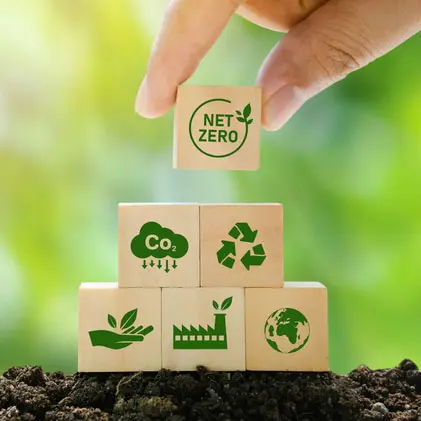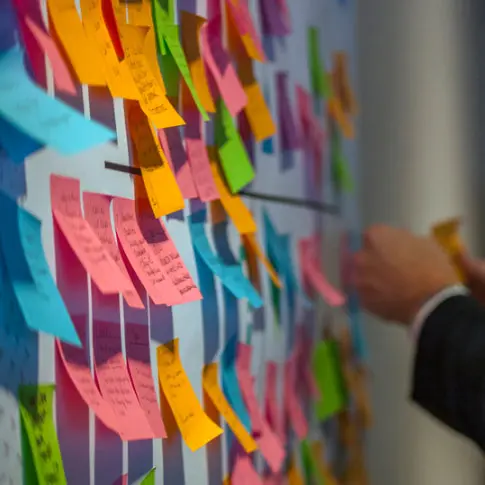Urban Reforestation and Wetland Restoration Program: Assessing the Relevance of a Community-based Partnership
Under the umbrella of Resilient Infrastructure for Sustainable Communities (RISC), CIS, supported by the Delta Institute and the Insurance Information Institute, led the writing of a report that assessed the viability of using a community-based partnership (CBP) in a large scale – estimated at $200 Million – reforestation and wetland restoration (RWR) program for the Milwaukee Metropolitan Sewerage District (MMSD).
Project Scope
- Research and Analyses
- Stakeholder Engagement
- Benefit Assessment of
- RWR Program
- Equity Considerations
- Carbon Neutrality Goals
- Water Quality and Ecosystem Health
- Private and Public Sector Partners
- Legal and Financial Structure
MMSD is a nationally recognized regional utility in the Greater Milwaukee region that has led a variety of green initiatives over the last several decades. Together with extensive other stormwater initiatives (such as deep tunnels), these initiatives have reduced MMSD’s sewer overflows from 50-60 a year in early 1990s to an average 2.3 overflows per year by 2020s. Focus on urban greening is a key component to meeting MMSD’s ambitious goal of zero overflows by 2035. To that end, along with other key programs already in process, MMSD is actively developing the RWR Program that will plant up to six million trees and restore/enhance up to 4,000 acres of wetlands over the next 10 years.
The scale of the program provides an opportunity to innovate and efficiently deploy infrastructure delivery frameworks. Accordingly, this project explored the use of a community-based partnership model for the RWR program, incorporating insights from the existing Fresh Coast Protection Partnership that MMSD and CIS established to implement green stormwater infrastructure.
Results
This project was also relevant for generating environmental justice outcomes. It provides a framework to bring together a large number of local partners that collectively work to make their neighborhoods green and climate resilient.
This project is relevant generating environmental justice outcomes. This project is also a framework to bring together a large number of local partners that collectively work to make their neighborhoods green and climate resilient.
Partners
Milwaukee Metropolitan Sewerage District
Great Lakes Protection Fund
Timeline
2022 – 2023


